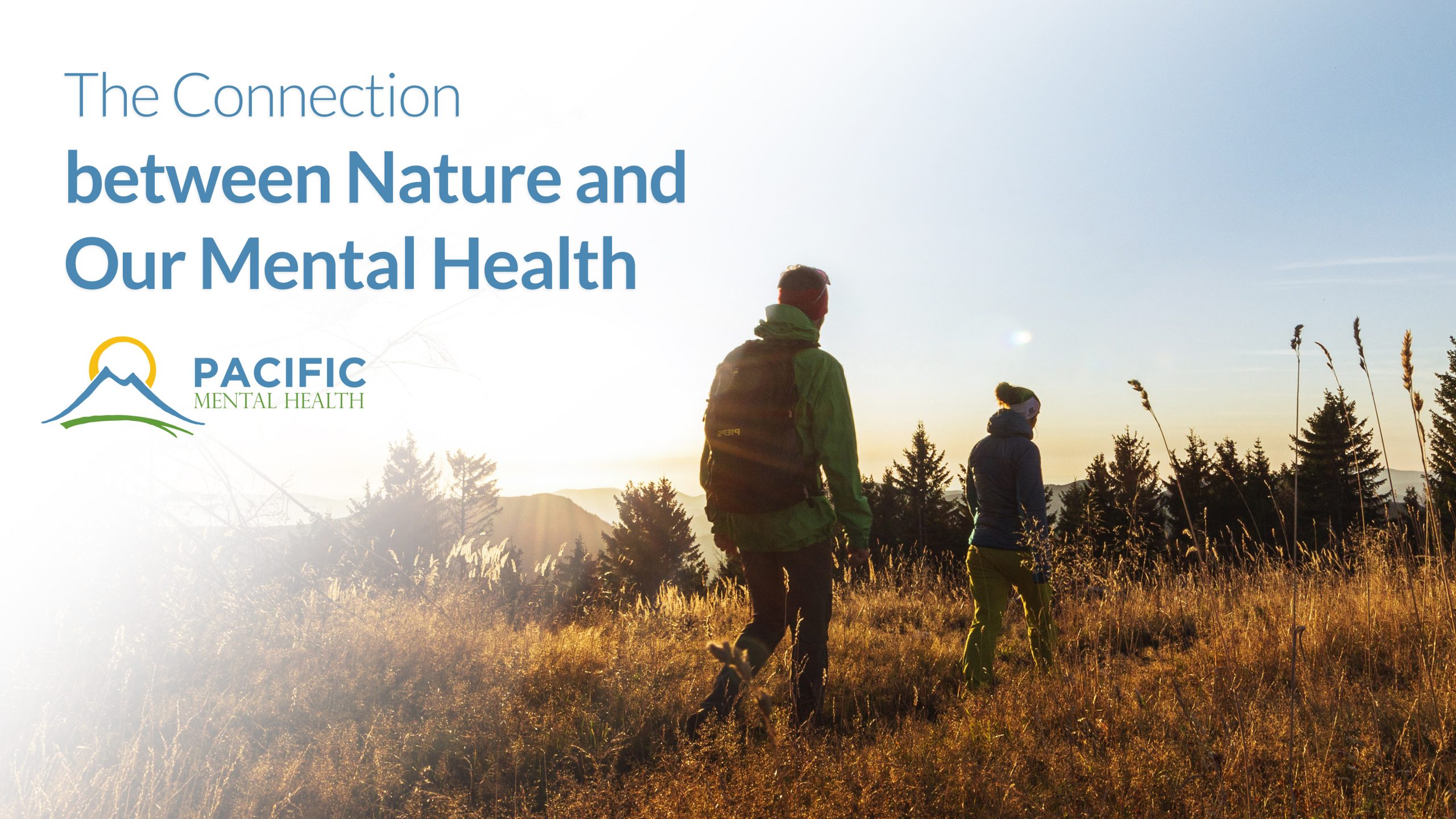
We all understand the pain of doing everything in our home. When work and leisure need to happen in the same space, we seem to have no choice but to see our mental health deteriorating. However, for people who have access to nature, especially those in the Pacific Northwest, nature can take care of our mental health in its purest form. There is a connection between nature and our mental health.
What exactly does nature provide?
When it comes to the relationship between health and nature, some people think of it as a temporary retreat or escape. Yet, nature provides more than just a distraction. The benefits of visiting nature include increased physical well-being, reduced blood pressure, and balanced hormone production. Moreover, it even boosts our psychological health. It helps change our minds.
The feeling of awe turns out to be one of the keys that nature provides to heal our minds.
Awe (n.): an emotion variously combining dread, veneration, and wonder that is inspired by authority or by the sacred or sublime
Sounds a little bit mysterious, doesn’t it? Perhaps you are rejecting this idea already because of the word “authority”. You dislike an authority figure telling you what to do in your life, let alone improving your mental health.
In this case, the authority comes from nature.
We can experience awe while seeing incredible natural scenes and sublime aspects of nature. Research has shown that people react to the wilderness with experiences such as feelings of fear, fragility, and respect. Positive psychological effects of awe are well-documented in literature:

Humility
Humility helps us feel secure in ourselves and appreciate our qualities. Research has shown that awe produces a smaller sense of self that allows us to be more humble. In other words, knowing who you are in terms of your strengths and weaknesses.
Connectedness
Ever feel isolated and separate from people? Studies show that people who experience awe in nature have an increased sense of connectedness with their surroundings. Thus, loneliness is reduced as a result when we are back in the city.
Increased Mental Well-Being
The positive effect of awe on our mood can be both short-term and long-term. When comparing people who view incredible nature scenes and mundane natural scenes, the former report more improved well-being than the latter. The psychological benefits of awe even extend to a week later.
Perhaps you have tried being in nature a few times to improve your overall health. And you do not find it particularly useful. This time, try planning a mildly strenuous hike that leads you to a natural scene that you think is worth it. All the effort and time you invest to see the beautiful end can lead you to feel awe.
There is no better way to experience sublime emotions in nature than by putting yourself out there. Awe comes from the curiosity to discover the unknown part of the wilderness. Perhaps after a short visit to nature and seeing its outstanding work, you may feel more grateful for what you have and connected to the important things to you.
Reference: Summer Allen. (2018). The Science of Awe [Brochure]. Berkeley, CA: Author.








0 Comments